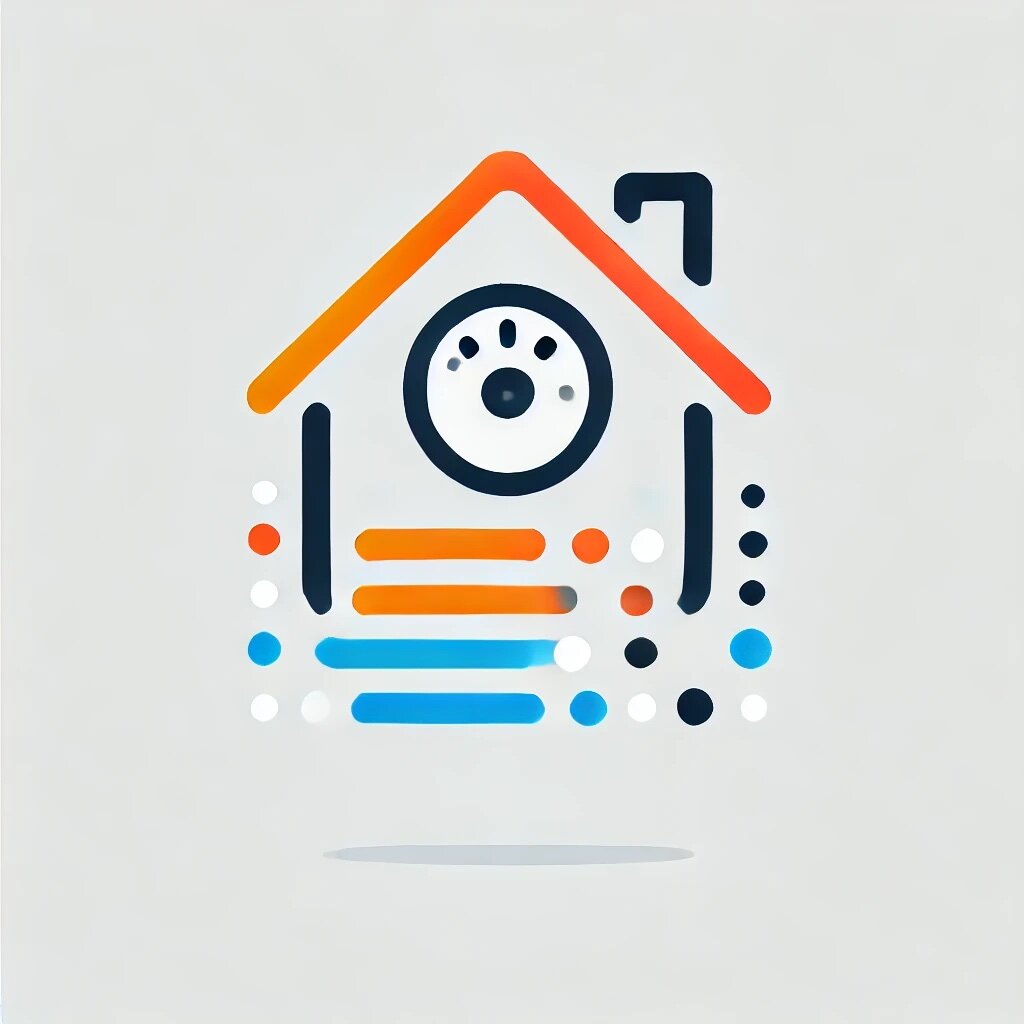Smart thermostats are revolutionizing home temperature management by leveraging artificial intelligence (AI) to optimize comfort and energy efficiency. These devices, often paired with connected HVAC systems, offer remote control capabilities and create energy-saving schedules based on usage patterns.
AI-Powered Temperature Management
Smart thermostats use AI to learn the habits and preferences of household occupants. For instance, the Google Nest Learning Thermostat adapts to your routine by monitoring your temperature settings throughout the day and making adjustments accordingly. The latest models even consult users before altering schedules, ensuring that changes align with their preferences[5]. Similarly, the Ecobee Smart Thermostat learns occupants’ routines and suggests changes to the thermostat schedule, automatically adjusting the temperature when no one is home[4].
Remote Control and Monitoring
One of the key features of smart thermostats is the ability to control home temperature remotely via a smartphone app. This allows users to adjust settings on the go, ensuring their home is at the desired temperature upon arrival. Many smart thermostats, like those from Ecobee and Nest, come equipped with remote sensors to manage hot and cold spots in the home more effectively[1][4].
Energy Efficiency and Cost Savings
AI technology in smart thermostats contributes significantly to energy savings. These devices can create schedules that reduce energy consumption during off-peak hours or when the house is unoccupied. For example, the Ecobee thermostat’s eco+ software automatically heats or cools the home during times when electricity is cheaper and greener[4]. The Nest Thermostat’s Adaptive Eco feature dynamically assesses energy consumption to find the most cost-effective settings while you’re away, reducing the energy spike upon your return[5].
Advanced Features and Integration
Modern smart thermostats offer a range of advanced features. The Ecobee Smart Thermostat includes a built-in indoor air quality monitor that alerts users when air quality is poor and offers tips for improvement[4]. The Nest Thermostat integrates with smart home platforms and supports features like Smart Ventilation, which uses compatible ventilation systems to bring in fresh outdoor air when necessary[5].
Conclusion
Smart thermostats, powered by AI and connected HVAC systems, provide an intelligent solution for managing home temperature. They offer the convenience of remote control, create energy-efficient schedules, and integrate seamlessly with other smart home devices, making them an essential component of modern, energy-conscious living.
By adopting smart thermostats, homeowners can enjoy enhanced comfort, significant energy savings, and a more sustainable lifestyle.
Further Reading
1. The 4 Best Smart Thermostats of 2024 | Reviews by Wirecutter
2. Top Smart Home Temperature Monitoring Apps for Remote Control – tempCube
3. Artificial Intelligence And HVAC? | Smart Home, Thermostat Control
4. Smart Thermostats: The Next Generation …
5. Fourth-Generation Nest Thermostat Adds AI Smarts and Remote Sensors | PCMag


